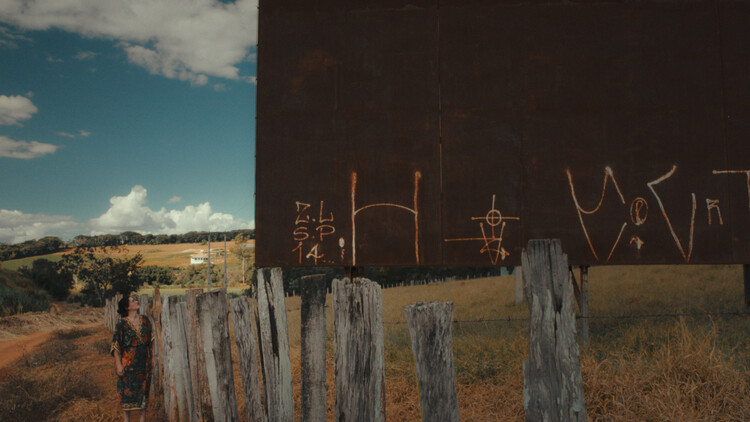
The Canadian Centre for Architecture (CCA) launched a documentary and exhibition, "With an Acre", the third and final chapter of the series Groundwork, which explores how contemporary architects cultivate alternative modes of practice to address the ecological crisis. The documentary follows the work of architect Carla Juaçaba in Minas Gerais, Brazil, where she is developing pavilions in a coffee field where collectives resist extractive industrial agriculture. The narrative examines the role of architects in extractivist contexts facing land regeneration challenges and unstable climatic conditions, as well as the tools smallholder farmers can use to cope with the environmental and social consequences of colonial settlement, urbanization, and industrialization.
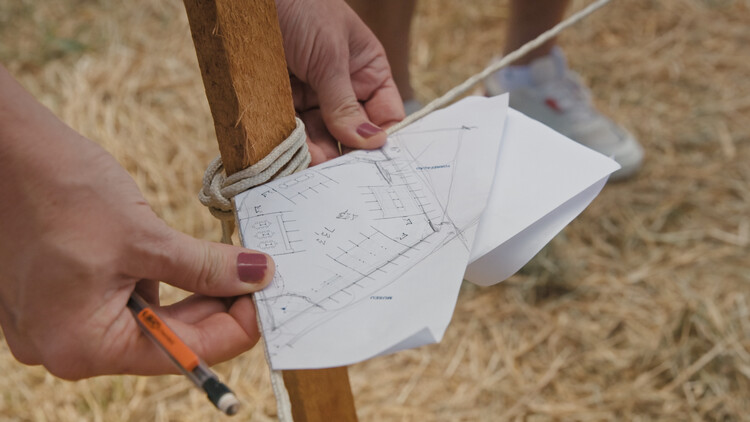
Carla Juaçaba is a Brazilian architect who has maintained an independent practice in Rio de Janeiro since 2000, engaging in both cultural programs and private projects. She won the first edition of the ArcVision Women and Architecture International Prize in 2013 and the AREA Architectural Review Emerging Architecture Award first prize in 2018. "With an Acre" follows Juaçaba as she develops a museum and community space in solidarity with Flor de Café, a collective of smallholder farmers in Minas Gerais, a large inland state in southeastern Brazil known for its mineral wealth, natural beauty, and significant heritage of colonial architecture and art.
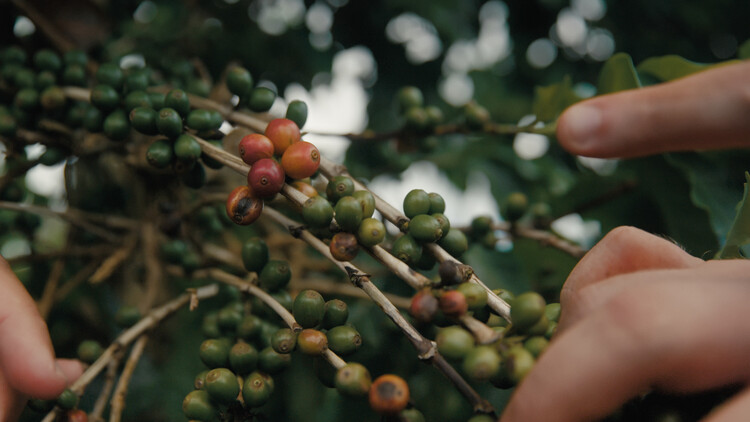
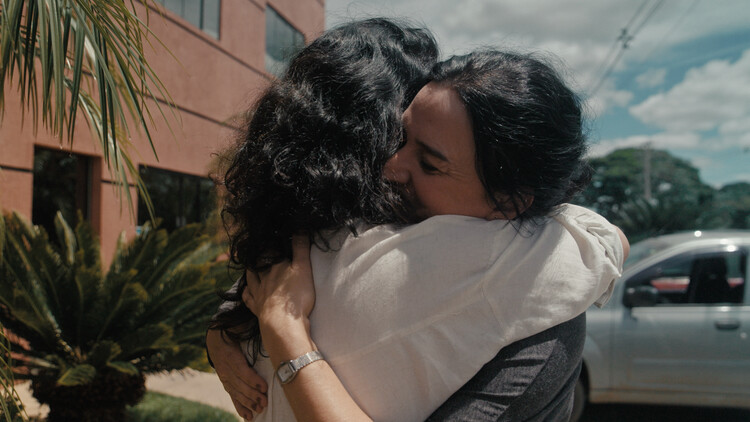
The architect is developing a series of minimal support structures on an elevated plantation overlooking the town of Nepomuceno. The design is inspired by the temporality of Indigenous collective structures and by the region's characteristic signage, highway billboards that mark the expansive rural landscape. The objective is to provide a "light and tactical" construction with minimal impact on the land, offering a space to share knowledge and support the collective's work in the area. According to Juaçaba, Flor de Café "has been transformational in the lives of generations of farmers, who are now aware that they should have their own product instead of selling it like they used to, and that they should create their own value."
Related Article
I'm Still Here: How Rio de Janeiro’s Architecture and Urbanism Shape the Oscar-Nominated Brazilian FilmBoth the community pavilion and the museum design are intended to serve as symbolic acts of resistance. As Juaçaba explains, the museum is rooted in the vision of the collective's founder, Milena Rodrigues, who seeks to retell the history of Brazil through the history of coffee, which is also the story of the destruction of its forests. As introduced by the CCA, the arabica coffee plant was brought to Brazil three hundred years ago and, through the exploitation of enslaved and later immigrant labor, grew into an industry that now occupies two million hectares of land. Extractive culture is thus denounced as a cause of ecosystem devastation and deepening social inequalities. The architect's work supports the movement for agrarian reform, regenerative agriculture, and forest conservation, using architecture as a "practical scaffold for resilience."
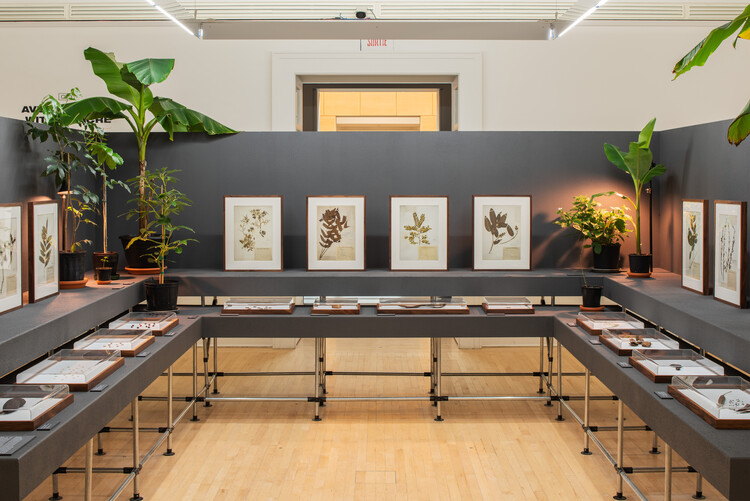
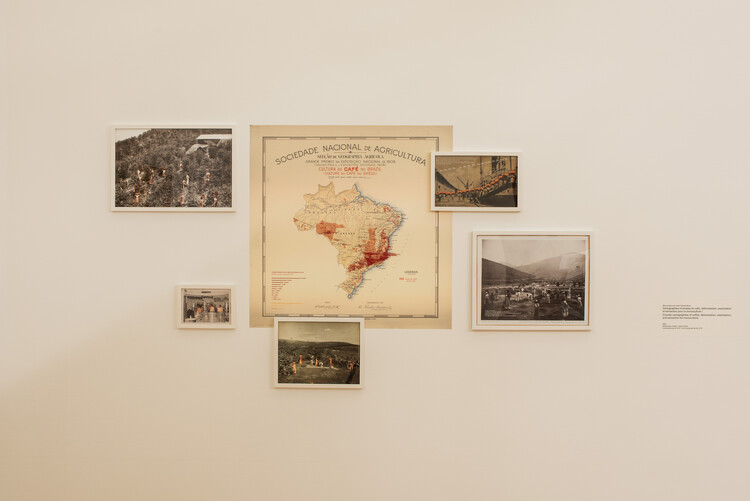
The "With an Acre" exhibition was curated by Francesco Garutti and Irene Chin, and the accompanying 45-minute documentary was directed by Joshua Frank. The film captures the project's aspirations through the voices of various members of the collective, while the exhibition showcases the architect's ongoing research. Groundwork, the CCA's series, was launched in May 2024 with "Into the Island", which follows Xu Tiantian to Meizhou Island, off the coast of China, where she is developing a series of interventions to balance the pressures of heritage and tourism with the needs of marine ecology. The second chapter, To Build Law, focuses on the work of bplus.xyz (b+) and station.plus (s+) as they lead HouseEurope!, a European Citizens' Initiative aimed at shifting culture and legislation toward the preservation and rehabilitation of existing building stock. The initiative was recently named the winner of the OBEL Award International Prize.



















